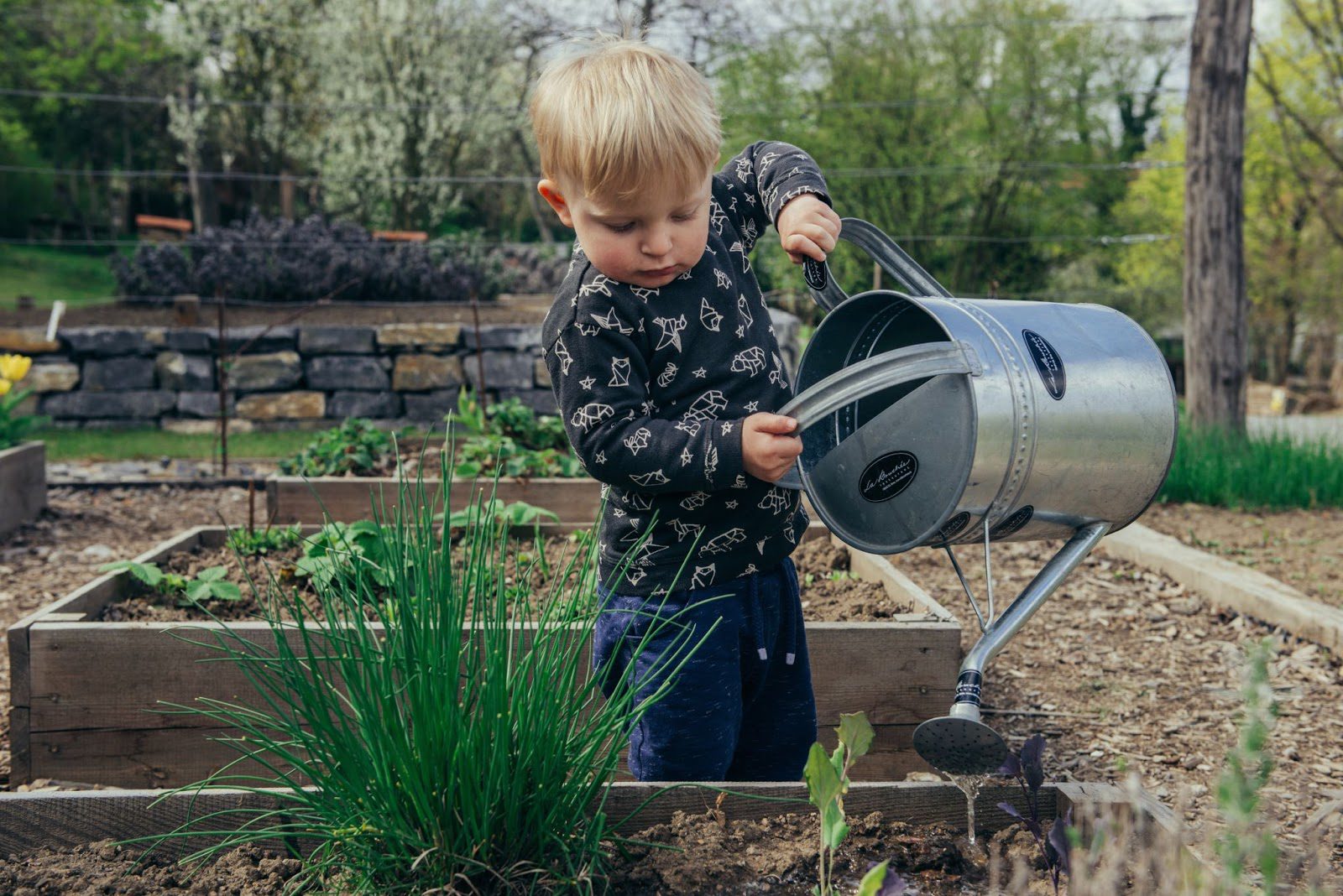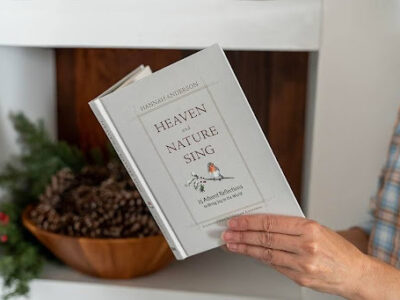Every spring, when the soil in my garden has been freshly tilled, I ceremoniously scoop it up in my hands and watch as it patiently filters back to the ground. I am convinced that nothing is better than fresh soil ready to envelop the seeds of tomorrow’s squash, beans, and peas.
From an early age I can recall playing in my father’s garden. What I enjoyed most was picking the vegetables, while picking the weeds was absolutely the worst. Now, looking back, I smile because I have grown to appreciate all of it—even the weeds.
Pastoring a church is something I never envisioned. I had dreams of traveling overseas, sharing the love and hope of Christ through more nomadic and spontaneous efforts. Being in one place for long periods of time was an existence that caused discomfort within my soul. However, all of that changed when I realized what pastoring truly was—gardening amongst people.
As soon as I realized this, I found myself at peace. I realized that I am to nurture those I serve with truth, love, and the example of Christ, just as I am to nurture my garden with water, nutrients, and attention. There is no denying the similarities between the two roles. One stark difference though, is that in one of the two, that which is being pruned or picked will lead to vocal displeasure, while in the other there is a silent trust.
All of us as individuals are planted within the soil of life. Some are in soil akin to an arid desert with conditions difficult for growth. Others are overly saturated by the world’s worries and anxieties, like a waterlogged bog. Still, others have but a light coat of dust upon rock lacking the depth for roots to grow.
In the story about the gardener in Matthew 13:18-23, Jesus compares soil samples of those whom he served and spoke with. As I reflect upon this story, something stands out to me that I fear many miss. The one planting the seeds does not withhold the seed. The gardener sees the rough soil, is aware of the shallow depth, discerns the rocky terrain, and feels the threat of the thorns. Even still, he gently lays down the seed in hopes that it may grow and bear fruit.
There is one kind of soil that yields many crops. Selfishly, I wish Jesus would have described it in detail. Both because I love gardening, and because I would appreciate some specifics on what kind of “heart soil” Jesus desires from me. I imagine it is the kind of soil so soft that when you scoop it up, it sifts between your fingers, ever so gently filtering back to the ground. The kind of heart so tender that it feels, forgives, and loves. The truth is, all soils could be this way. It’s just that some are tilled, and some are not.
Whether we know it or not, all of us are capable of growth and bearing fruit. We simply need to be tilled. We need to remember our frailty and our Creator’s capability. We need to move forward from the previous season’s hardships, eagerly embracing a new possibility in the growing season ahead. In our own strength we cannot do these things, but our Creator can.
Each year I prepare my garden with a 1960’s rototiller. It is rickety, rusty red, ancient, and perfect, minus the perpetual fuel leak. It gets the job done. While there are new and better ones on the market—I always stick with old faithful. In a similar way, humanity seems to try and invent newer and better techniques to maintain a soft and well-tilled heart. I am convinced, however, there are still only two ways that actually work — prayer and Scripture.
I encourage you in the coming week to walk outside with gratitude, thanking our Creator for what has been given. Allow thankfulness to reach deep into your being and churn your soil, sifting the negativity and resentment. Read a Scripture or two. The best place to begin is the Psalms. Each journal entry within this book of the Bible contains the raw and transparent realities of life which we all face. Allow these Scriptures to sift the shame, guilt, and fatigue within us.
Lastly, if you happen to have a new and fancy rototiller that is not rickety or rusty red, that’s great. Just make sure you keep it handy for many decades to come so it can prepare the soil to grow the seeds of your life’s abundant harvest.





 Copyright
2025
Root and Vine
Copyright
2025
Root and Vine